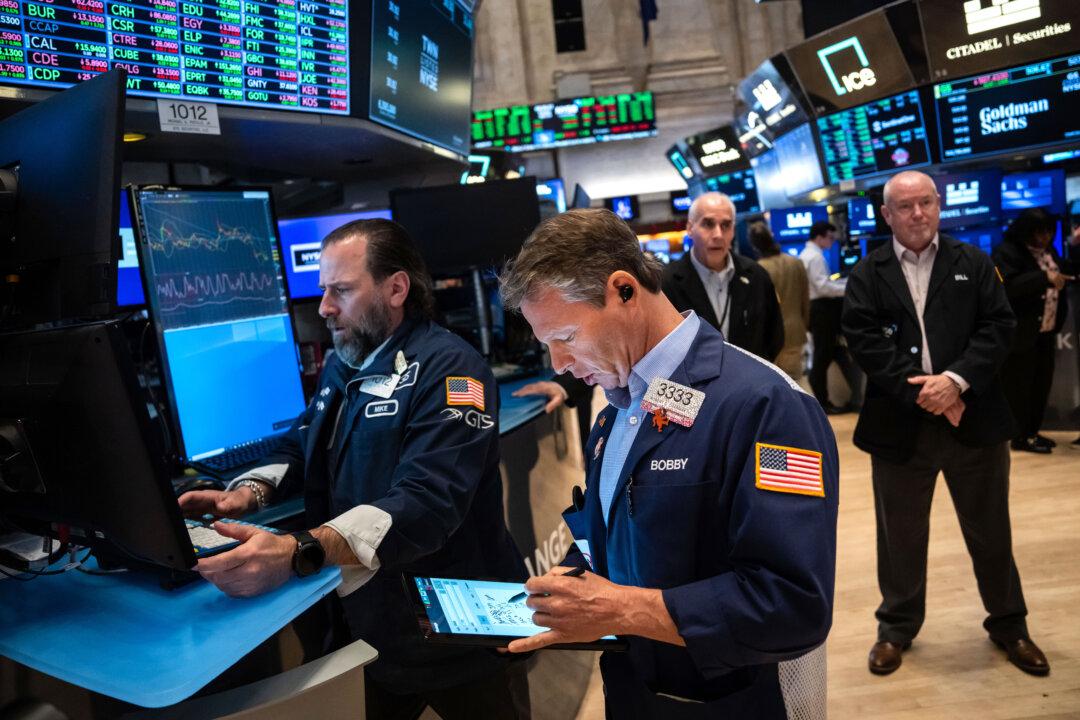Shares of automakers surged by more than 3 percent after President Donald Trump hinted that he could offer “help” to car companies.
Speaking to reporters from the White House on April 14, the president said he may assist automakers in making the tariff-driven transition from Canada, Mexico, and other foreign markets.





